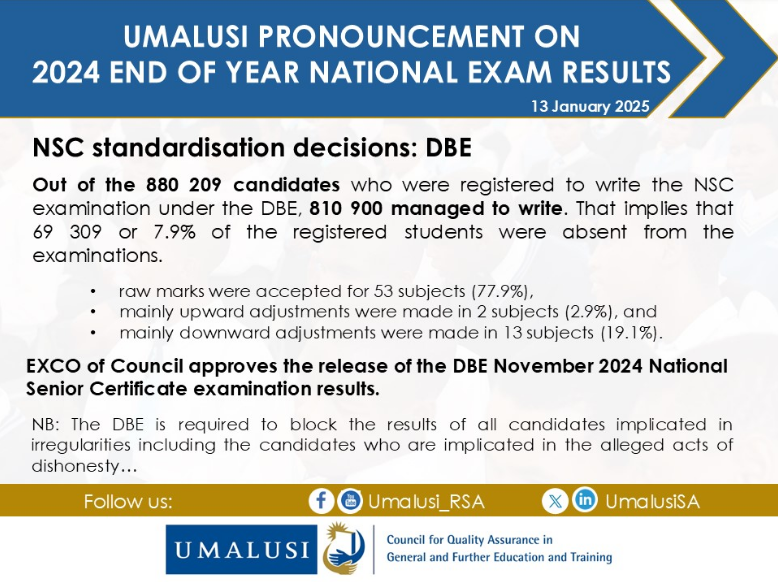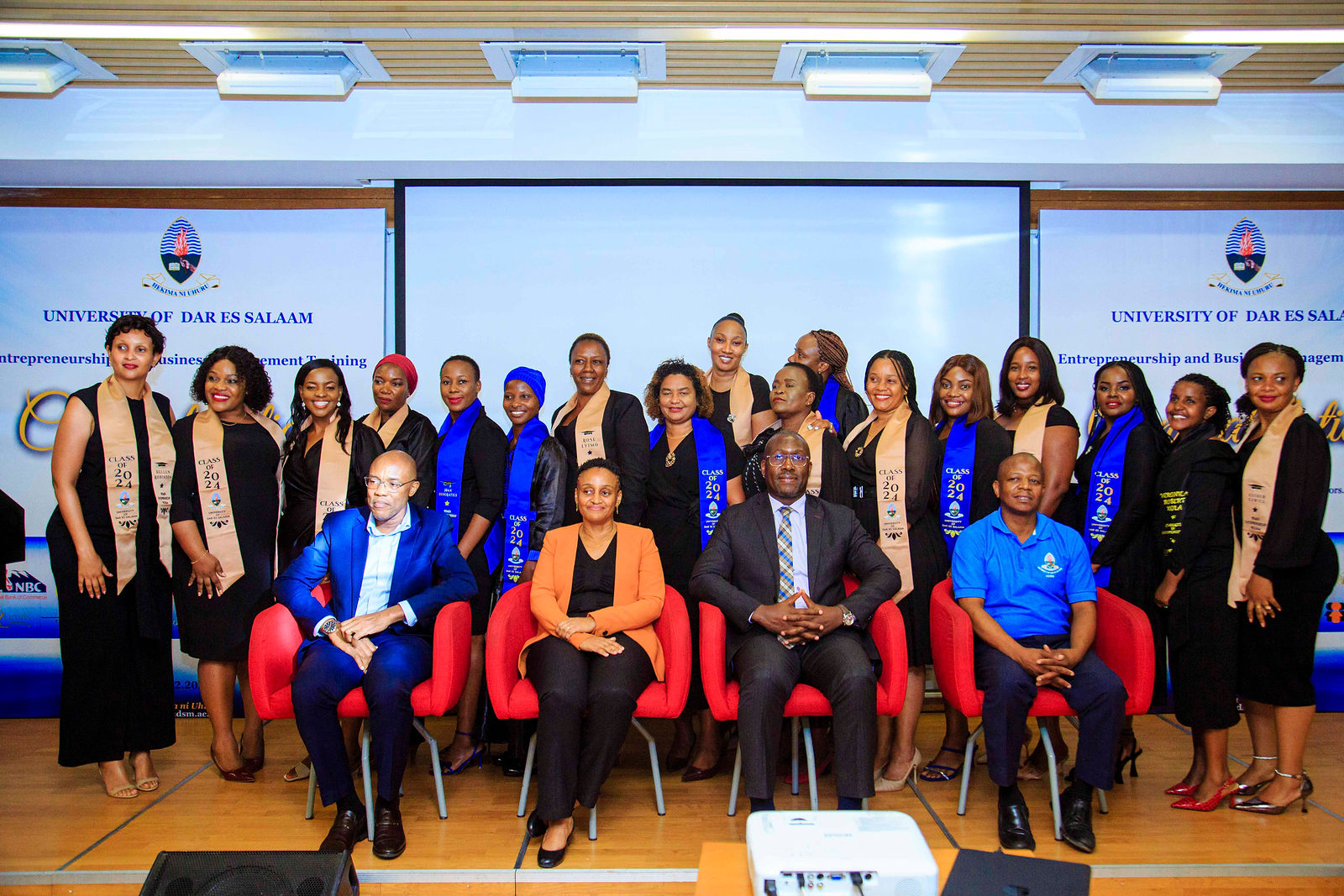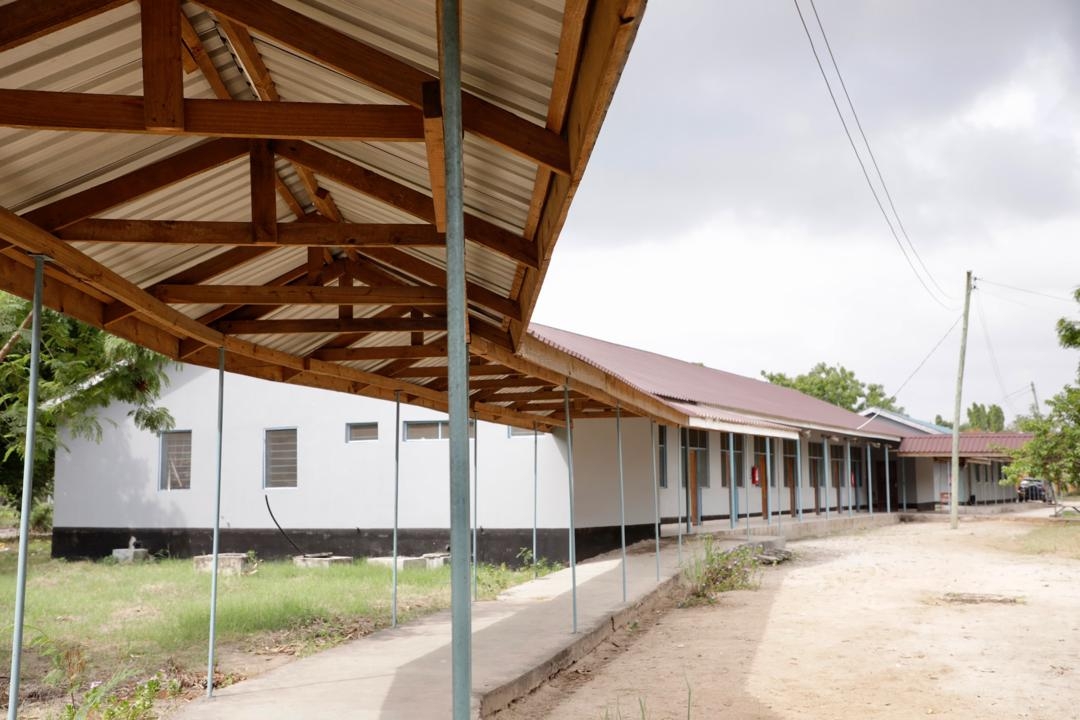On January 13, 2025, Umalusi, South Africa’s Council for Quality Assurance in General and Further Education and Training, clarified its role in certifying the 2024 national examination results.
The announcement covered the release of results for multiple qualifications, including the General Education and Training Certificate: Adult Basic Education and Training (GETC: ABET), NATED Report 190/191 (N2-N3), National Certificate (Vocational) [NC(V)] Levels 2–4, and the National Senior Certificate (NSC).
The statement, accessible on Umalusi’s official website, also highlighted the approval of the NSC results administered by the South African Comprehensive Assessment Institute (SACAI).
Umalusi’s decision was based on SACAI’s adherence to strict quality assurance standards, including the absence of irregularities, compliance with Council requirements, and the application of prescribed learner certification standards.
Key Assurance Measures for NSC Examination
Umalusi emphasized that its approval followed a rigorous evaluation of SACAI’s processes. These included:
- External Moderation: Ensuring question papers and school-based assessments (SBA) met required standards.
- System Audits: Assessing SACAI’s readiness to administer examinations effectively.
- Examination Monitoring: Observing the writing process at selected centers to maintain credibility.
- Marking Verification: Standardizing marking guidelines and verifying accuracy across sampled subjects.
- Standardization of Marks: ensuring consistency in learner performance across years and assessment bodies.
These quality assurance processes were uniformly applied across all 24 subjects in the SACAI-administered NSC examination, reflecting Umalusi’s commitment to upholding examination integrity.
Handling Learner and Parent Queries
Following the release of the 2024 NSC results, Umalusi received numerous queries from learners and parents, primarily concerning discrepancies between final marks and year-long assessments.
Umalusi clarified that such concerns should be directed to SACAI, which operates under its own policies for re-marking, re-checking, and rewriting examinations. SACAI’s complaint mechanisms ensure transparency and fairness in addressing any dissatisfaction.
Accreditation of SACAI
SACAI, a private assessment body, has held full accreditation status from Umalusi since October 1, 2022. This accreditation ensures SACAI’s capacity to deliver and assess qualifications, including the GETC, ABET, and NSC examinations, to the highest standards.
Umalusi highlighted that learners and parents should carefully consider which of the three NSC assessment bodies—SACAI, the Independent Examinations Board (IEB), or the Department of Basic Education (DBE)—best suits their needs.
Transparency in Quality Assurance Processes
Umalusi reaffirmed its commitment to transparency by making its quality assurance principles and processes publicly available.
These include detailed guidelines on the standardization of SBA and external examination marks, which are accessible on Umalusi’s website.
For further insights, stakeholders can refer to Umalusi’s presentation on standardization, which explains the principles applied to ensure fairness and consistency across all examination results.
Conclusion
Umalusi’s role in certifying national examination results is pivotal to maintaining educational standards in South Africa. By subjecting all assessment bodies to rigorous quality assurance measures, Umalusi ensures that learners receive credible and fair results.
Stakeholders are encouraged to visit Umalusi’s website for detailed information on quality assurance processes and to direct specific queries to the relevant assessment bodies.
This clarification underscores Umalusi’s unwavering dedication to upholding the integrity of South Africa’s education system.
Related articles
- Top 10 Provinces in Matric Results 2024/2025: Celebrating Academic Excellence
- South Africa’s Basic Education Department Unveils 2024 Matric Results
- Top 10 Students in KCSE Results 2024/2025: How to Check and Celebrate Excellence
- Top 100 Students in KCSE Results 2024/2025: Celebrating Kenya’s Brightest Minds
- Top 10 Schools in KCSE Results 2024/2025: Leading the Nation in Academic Excellence
- How to Check KCSE Results 2024/2025: A Step-by-Step Guide
- KCSE Results 2024/2025: How to Access, Interpret, and Plan Ahead
- Top 10 Students in Matric Results 2024/2025: Best Performers and Outstanding Achievements



